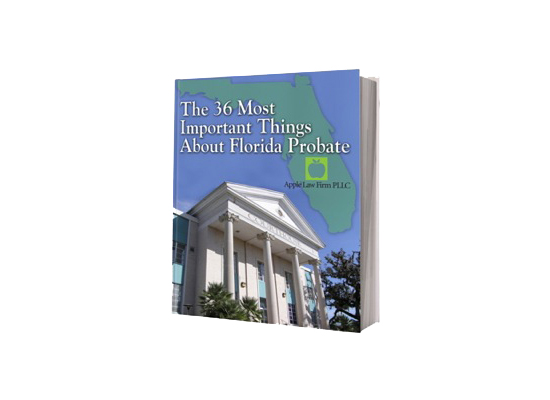LANDING SAFER
Florida Medicaid Income Test
- In order to qualify for Florida long term Medicaid, the individual needing care must satisfy three main test for eligibility. The first is the medical-necessity test – the Medicaid applicant must actually need the care. A doctor must certify that the Florida Medicaid applicant requires assistance with their activities of daily living.
- The second test the individual needing nursing home or Medicaid care must pass is the income test. The income of the individual needing care must be below a level determined by the state. As of January 1, 2023, the maximum income an individual can have is $2,742.
- The third tests an individual must pass in order to be considered eligible for long-term care or Medicaid in Florida is the Medicaid Asset Limit Test. Both the income and asset tests must be past to be eligible to receive Medicaid or nursing home benefits.
If one does not currently pass the Florida Medicaid income test or the Florida Medicaid asset test for Medicaid eligibility – a Florida eldercare lawyer can help determine what steps can be taken to reduce income and or assets to levels that are acceptable to the State of Florida.
The second and third tests one must pass in order to be considered eligible for long-term care Medicaid in Florida – and the subject of this article – are the Medicaid Asset Limits Test and Medicaid Income Limits Test. Both the asset and income tests must be met in order for one to become eligible to receive home health care, ALF or nursing home benefits. If you, or your loved one, do not currently pass the income test or asset test for Medicaid eligibility – an elder care lawyer who focuses on medicaid planning can be of great assistance.
In Florida, Medicaid eligibility depends on the amount of income that are available to the individual requiring services. The maximum income that an individual can have is $2742 / month (1/2023). The income of their spouse is not counted. If an individual in need of Medicaid has income in excess of the $2742 we can prepare a Miller Trust or Qualified Income Trust to allow the individual to qualify.
The income trust works by taking the exce3ss gross income and depositing the excess into the account prior to applying for Medicaid and during each month.
To evaluate income we must look at all sources of joint income and those available to the individual including:
- Social security ( gross amount)
- Pensions
- Retirement plans
- Interest from checking, savings, CD’s, bonds, insurance annuities.
- Pensions from deceased spouse
- rental income
- dividends from companies
If you have questions about Medicaid or would like more information about Medicaid in Jacksonville or other areas of Florida, CONTACT our Florida Elder Law Lawyers by email or call us at 904-685-1200 to discuss your situation today.
For Medicaid related issues we do charge a consultation fee.
Florida just released its eligibility standards for long-term care Medicaid (i.e., the nursing home, assisted living or in-home care) for 2023, which are as follows:
Assets allowed for single applicant | $2,000 |
Assets allowed for community spouse (the Community Spouse Resource Allowance) | $148,620 |
Gross income for the Medicaid applicant | Less than $2,742* per month |
Gross income for the community spouse | Unlimited |
Minimum Spousal income diversion | $2,288.75/month (until 7/1/2023) |
Maximum Spousal income diversion | $3,715.50/month (until 7/1/2023) |
Exempt value of home (single person only) | $688,000 |
Transfer Penalty Divisor | $10,809/month as of 1/1/2023 |
Community Spouse Excess Shelter | $687/month |
Personal Needs Allowance (single person) | $130/month |
*If income is higher, a qualified income trust will be required in order to establish Medicaid eligibility (married or single). **Some Medi-Gap (Medicare supplements) plans will pay this co-pay. | |












